Samsung is much better at updates, and Google should take note
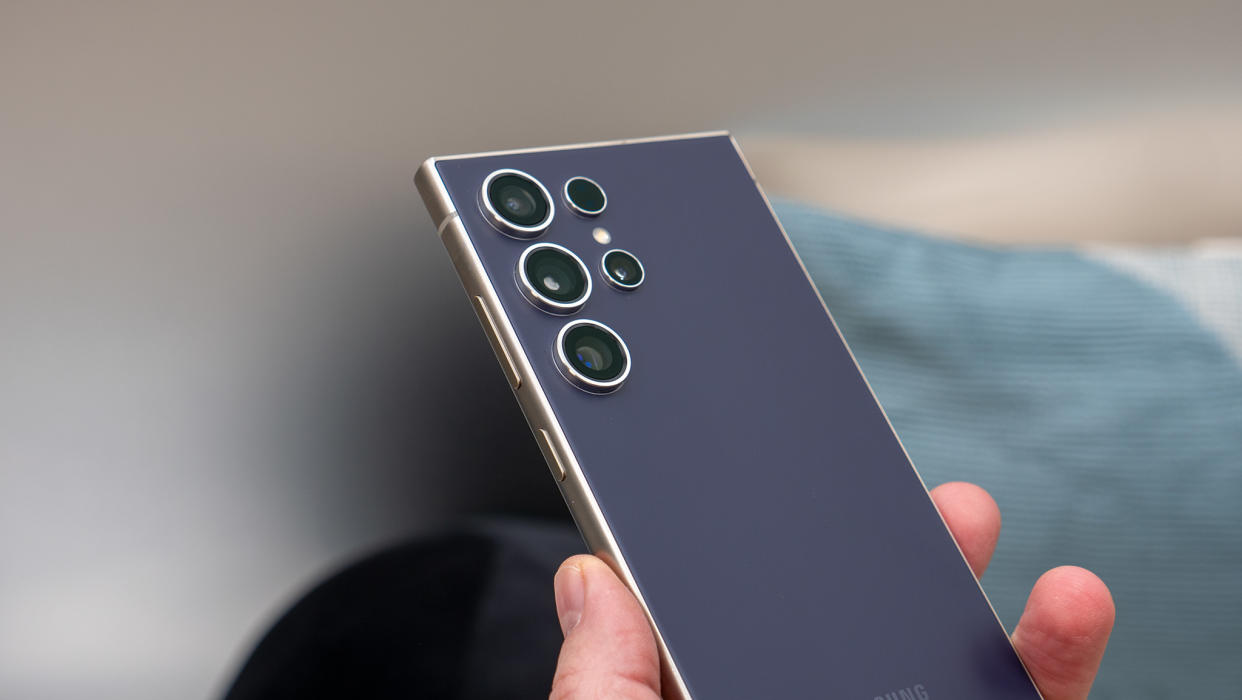
Beyond the Alphabet
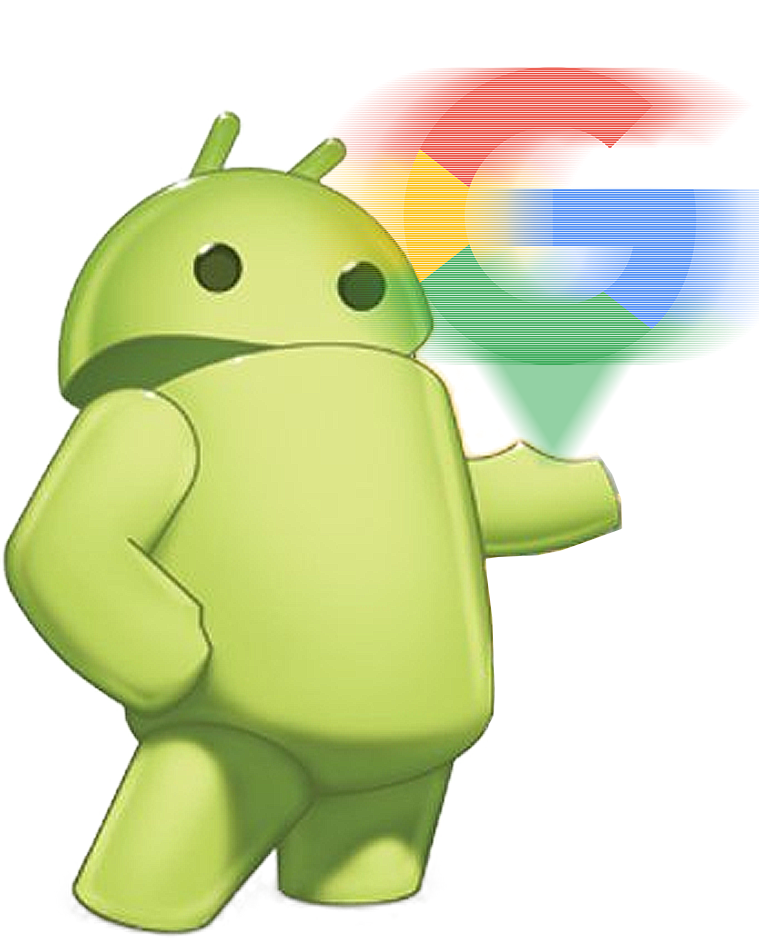
Beyond the Alphabet is a weekly column that focuses on the tech world both inside and out of the confines of Mountain View.
As someone who used to downright avoid Samsung phones at all costs, I find it absolutely wild to see the turnaround that's happened. While the TouchWiz era still invokes a sense of cringe whenever I think about it, Samsung has managed to completely turn its software around, especially when it comes to updates.
In late March, Samsung started rolling out One UI 6.1, including much more than a few bug fixes. Instead, this was the update to install for those using 2023 flagships, such as the Galaxy S23 or Galaxy Z Fold 5. That's because Samsung brought many of the AI features introduced with the Galaxy S24 Ultra to these older devices, with rumors that they could even come to the Galaxy S22 series.
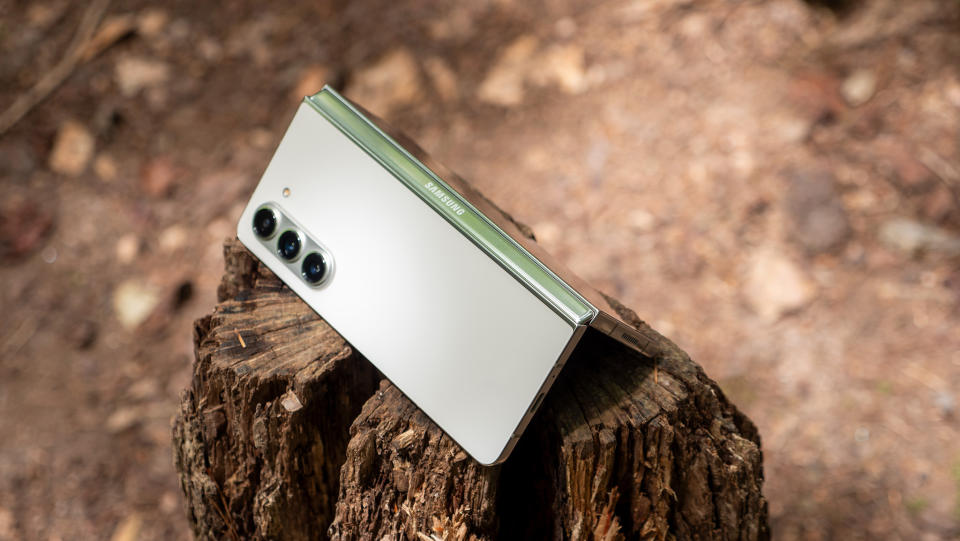
But that's not what surprised me the most about the rollout. It was the fact that every single device on the list got the update at around the same time. After seeing the news, I grabbed my Galaxy Z Fold 5 and Tab S9 Ultra, checked for an update, and sat back as both devices downloaded and installed their respective updates.
Not to mention that the Galaxy S24 received a separate update at the same time, just with a focus on camera improvements, and Samsung's smartwatches also received updates, with the Galaxy Watch 5 series receiving a few improvements.
This is the dream that we've been hoping to see from Google, Samsung, and other OEMs. Whenever Apple releases a new update, most of the time, the iPhone, iPad, and Apple Watch all get an update simultaneously. However, we've been dealing with staggered update releases on the best Android phones for years.
It definitely gives more credence to the idea that Samsung is morphing into the Apple of the Android space. Updates are all arriving together, new features are constantly arriving in one form or fashion, and the company is making efforts to provide a cohesive ecosystem. All the while, Google still seems to be falling a bit short of what we expect.
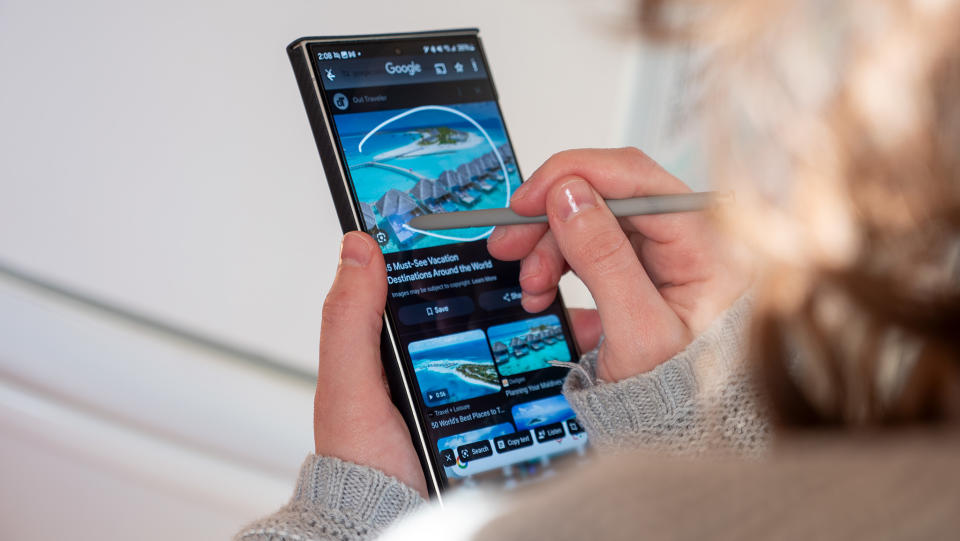
That's not to say Google is terrible with its updates. Sure, if it weren't for Google, Samsung's operating system would probably look a lot different than it does. After all, One UI is "just a skin" sitting atop the underlying Android platform. This obviously gives Samsung the ability to focus on improving One UI and implementing new APIs or features when Google adds them to Android (or even before Google can).
I can't help but feel as though Google is losing its grip a little, even though the company's phone division continues to see growth. The only evidence that you need is to see what happened with Gemini Nano. When initially introduced, a Google exec stated that the Gemini Nano-powered AI features were limited to the Pixel 8 Pro. Many, myself included, wanted to know why the Pixel 8 wasn't going to be getting any of those features despite the Pixel 8 and 8 Pro largely sharing the same underlying hardware.
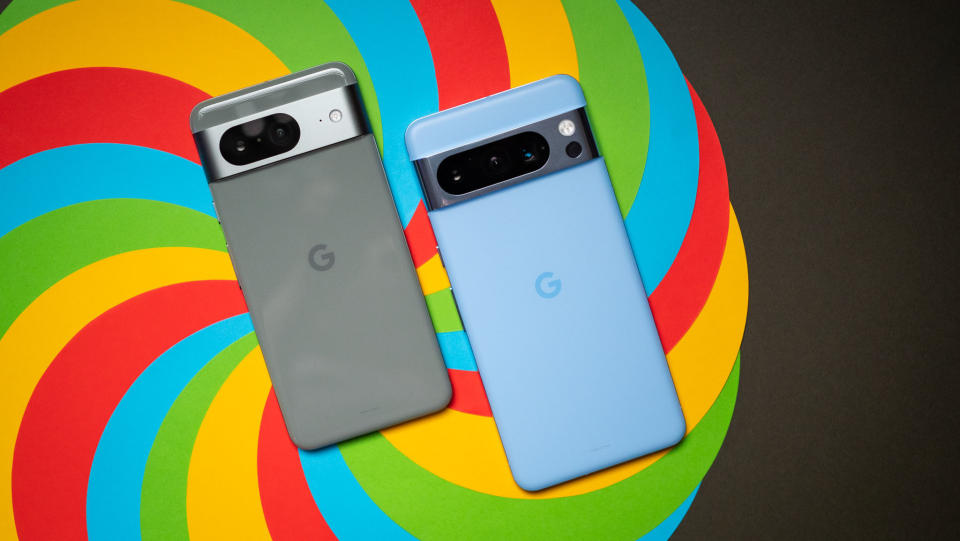
At the time, Google explained that it was due to "hardware limitations." But again, that didn't make any sense, given the hardware that was shared between the two devices. Lo and behold Google eventually revealed that Gemini Nano will come to the Pixel 8, albeit "as a developer option with the next Pixel Feature Drop," and even then, the announcement came much later. Meanwhile, Gemini Nano has already been available on the Galaxy S24 series, including the smallest model with 8GB or RAM.
Then there's the ongoing debacle with the Pixel Fold, which is seeing none of the Gemini Nano features. That's a $1,800 phone that isn't capable of providing the same user experience as one that costs $1,100 less. It wasn't until this week that Google even brought the Circle to Search feature to the Pixel Fold and Pixel Tablet, and that's not even to mention the delays seen with previous updates on Pixel models in recent years.
This doesn't exactly instill confidence that Google will actually be able to follow through on its seven-year promise for software updates in any meaningful way if it can't fully commit to giving us the same features on current-gen hardware. Setting aside the differences between Tensor and Snapdragon, I'm more confident with Samsung's ability to follow through than Google's.
While I do believe it was the right move by Google, I can't help but feel as though the difference between the Pixel 8 and Galaxy S24 in seven years will be night and day. Maybe I'm wrong here, and I hope I am, but it's becoming more apparent that something is awry in Mountain View.
All of that is to say that I can't help but feel as though the software side of Google, you know, Android, feels a bit broken. This is a real shame, considering how great the hardware seems to be, even if it doesn't really hold up after a couple of years.
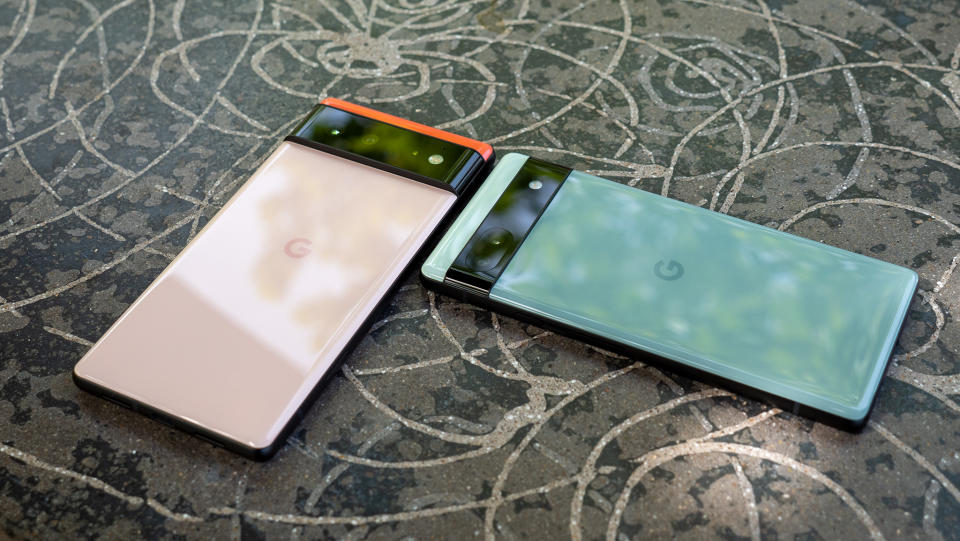
At this point, it almost feels as though Google needs another "reset year," like we saw when the Pixel 6 was introduced. The company needs to get the hardware and software teams on a level playing field so that the ecosystem can continue to mature and grow without users running into limitations and delays.
If Google wants to continue to see growth and become a worthy alternative to Samsung and Apple, particularly in the U.S., something has to give. We've dealt with fragmentation for years, but we've reached the point of putting the blame on Google and not the OEMs. For a company worth so much money, it's really mind-boggling to see.
